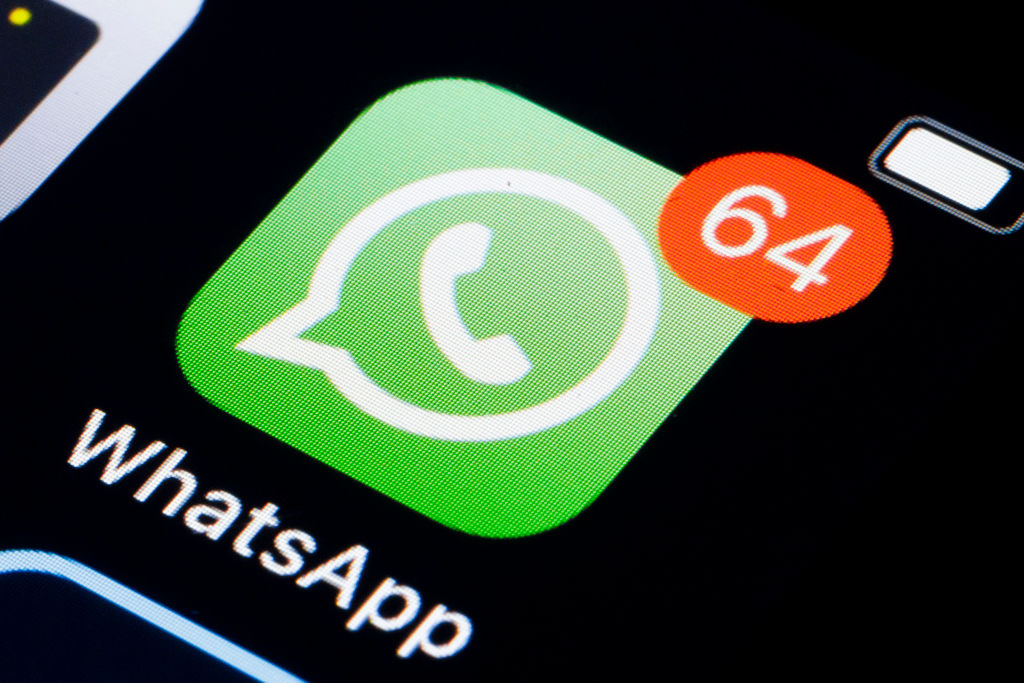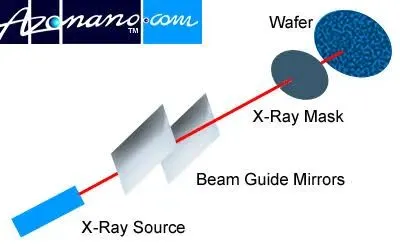
Google made its budget phone so good that it might have to stop making budget phones altogether.
Rumors are swirling(opens in a new tab) that Google might kill the Pixel A-series line in 2024, and for good reason: The cheaper handsets are starting to resemble the previous year’s flagships a little too much. That’s definitely the case with the $500 Pixel 7a, Google’s newest phone and possibly the final A-series Pixel.
Announced during the 2023 Google I/O presentation, this is essentially a $100 cheaper Pixel 7 with a slightly smaller screen, but little else in the way of compromise. Its performance and battery life remain exceptional, while its main camera got a megapixel upgrade while retaining all of the same software wizardry that made last year’s Pixel 7 phones so great.
In other words, the Pixel 7a might be the phone the Pixel 7 should’ve been all along. Android lovers in need of an upgrade may want to jump on this deal before Google kills the best value in smartphones.
A familiar face

Feeling blue.
Credit: Molly Flores/Mashable
As is tradition with Pixel A-series phones, the Pixel 7a did not get a significant facelift from its more expensive older sibling. The signature metallic camera bar on the back returns, along with the single-tone color scheme that unfortunately made the Pixel 7 a lot less distinctive than the Pixel 6. That said, the color choices this time are nice: white, black, orange, and light blue.
Really, the only mildly shocking thing about the Pixel 7a is how much its specs resemble the Pixel 7, less than a year after that phone came out. Everything listed below is the same as the Pixel 7, unless noted otherwise:
-
6.1-inch display with 90Hz refresh rate (was 6.3-inch on Pixel 7)
-
8GB RAM
-
128GB storage (Pixel 7 had a 256GB option)
-
Tensor G2 chipset
-
64MP main rear camera (was 50MP on Pixel 7)
-
13MP ultrawide lens
-
4,385mAh battery
There are a couple of notable and very welcome inclusions here that help justify the Pixel 7a costing $50 more than last year’s Pixel 6a. First up is face unlock, which makes unlocking the phone so much faster that you may find yourself never using the under-display fingerprint sensor again. The Pixel 7a also boasts wireless charging, giving it another big leg up over its previous A-series brethren.
I also shouldn’t just breeze past the 90Hz refresh rate, a first for Pixel A-series. It’s not a step up from the Pixel 7, but with that and everything else being nearly equal, it’s a big reason to discourage anyone from buying a Pixel 7 at this point. It’s also unquestionably an advantage over the Pixel 6a, which was locked to 60Hz.
Tensor-rific

This is a strong little phone.
Credit: Molly Flores/Mashable
That smooth refresh rate bolsters a performance profile that’s every bit as sublime as it was last year.
Put simply, this phone does not hitch or slow down or anything like that throughout the course of a normal day. Perhaps there’s something you can do with it that would cause slowdown in extreme scenarios, but the Tensor G2 chip powering the Pixel 7a holds up under everything resembling normal circumstances that I saw.
Google also brought over the AI-powered software enhancements from the Pixel 7. Things like graphical user interfaces for automated phone calls, speaker tags for transcribed voice recordings, and clearer-sounding phone calls all return from last year, as well. None of that is new, but it’s nice to have compared to the Pixel 6a.
Of course, none of that matters if the phone doesn’t have a sturdy battery. Good news: It does!
I got a little more than 24 hours of normal use (social media, streaming music and videos, web browsing) out of a full charge. That’s a very minor step up from the roughly 22 hours I got out of the Pixel 7, but at that point, you’re splitting hairs. You’ll only have to plug this phone in once per day at most.
Go Pro if you want the best camera

You only get two lenses here.
Credit: Molly Flores/Mashable
I’m going to preface the point I’m about to make by saying the Pixel 7a’s camera array is quite nice. As you’ll see soon, photos taken on this phone look fantastic and the suite of software features to enhance photos is as good as ever.
That said, I still think people who fancy themselves mobile photographers should go with the Pixel 7 Pro over the Pixel 7a. The main reason I say that is because the Pixel 7 Pro’s zoom lens is one of the most impressive things I’ve ever seen on a smartphone, while the 8x zoom on Pixel 7a can look a little janky under certain conditions.

An example of the 8x zoom looking pretty good.
Credit: Alex Perry/Mashable

And an example of it not looking so good.
Credit: Alex Perry/Mashable
Zooming in on something without a lot of detail produces a clean enough image. However, you can see where the software steps in to correct things if you zoom in on something like a tree. The image begins to look cartoony and fake in a really off-putting way.
Aside from that, though, it’s hard to complain about the results I got from my camera testing. Images taken on the main lens on default settings look sharp, colorful, and vibrant.

Gotta love graffiti.
Credit: Alex Perry/Mashable
Portrait mode continues to produce some of the best depth-of-field effects in the smartphone game.

Love this guy.
Credit: Alex Perry/Mashable
And Night Sight is still arguably the best nighttime photography mode in the business. Google is really good at brightening images without losing the nighttime atmosphere. It only takes a couple of seconds to generate each image, too.

Night Sight is still great.
Credit: Alex Perry/Mashable

No mistaking this for daytime.
Credit: Alex Perry/Mashable
Lastly, Google ported over some of the Pixel 7’s AI features to the camera, as well. The big one is Photo Unblur, which can take mildly blurry photos (even those taken on other phones) and make them sharper. It’s tough to test because the camera frankly doesn’t take blurry photos unless you try really hard, but the results are pretty much as advertised.

Unblur at 0.
Credit: Alex Perry/Mashable

Photo Unblur at 100.
Credit: Alex Perry/Mashable
If this is it, Google went out on top
The aforementioned (rumored) death of the Pixel A-series may turn out to be false. Sometimes people get it wrong. That’s fine.
But if it is indeed true, Google’s latest and potentially last Pixel A-series phone is a very good one. The Pixel 7a gives you everything the Pixel 7 offered, just with a slightly smaller screen and $100 shaved off the price.
All of those fancy Tensor G2 AI features are here. Another excellent camera array (though not as excellent as the Pixel 7 Pro’s) is here. All-day battery life is here. And most importantly, it just works as you’d expect, with no performance problems to speak of in my time with the Pixel 7a.
At just $500, the Pixel 7a is the Android phone to get if you don’t feel like spending flagship money.






